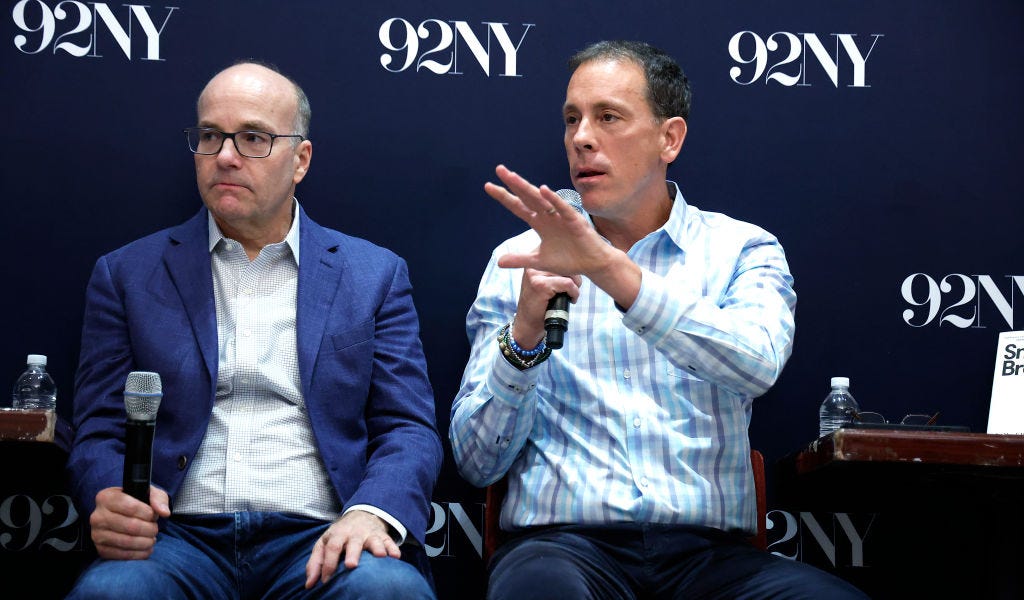Recent-ish Reads, August 2, 2025
For your reading pleasure, and my joy that some brilliant people agree with me, a few more illustrations of basic comparative metaphysics.

For your reading pleasure, and my gratification that some really brilliant people agree with me, here are a few more direct and indirect illustrations of basic comparative metaphysics and process-relational reality.
ABSOLUTELY MANDATORY READING: This piece by Māori-Pākehā scholar Christine J. Winter is a few months old, but timeless. It's a mind-blowing illustration of process-relationality and its implications for planetary justice, launching from the idea of sand (!) as a relational entity. Read it and get it. (Indigenous writers worldwide seem to be the best on process-relationality in general. I'll definitely have future posts on Robin Wall Kimmerer and Tyson Yunkaporta.)

Politics, Metaphors, and Conversational Side Doors: A punchy op-ed by Julie Sweetland, PhD, a sociolinguist and a senior advisor at the FrameWorks Institute, manages to tie multiple process-relational concepts to immigration. (1) Metaphors and frames deeply shape our thinking, often in hidden ways. (2) Metaphors and frames that are othering dangerously hide our interdependencies and possibilities for mutually regenerative flourishing. (3) How people encounter a topic influences how they respond, and coming at spicy topics through "side doors" can productively evade identity-based defensiveness. (On Substack, unfortunately.)

It's Always Projection With Right-Wingers: Another link to Liberal Currents, whose prescriptions I'm not always 100% aligned with but whose diagnoses of what the hell is wrong with right-wing nutjobs is usually spot-on. Case in point: Recent right-wing projections calling progressives "zero-sum," when it is of course right-wing overcommitment to black-and-white map-metaphysics that sees existence as a purely competitive zero-sum power struggle.
Everything about the MAGA worldview revolves around the ideas that white men deserve dominion over women and racialized groups (especially blacks), immigrants and foreigners generally are a threat, and gender-sexual minorities are a poison to society that must be removed. These people blind themselves even to the positive-sum benefits of public health. There is no better example out of any textbook of ideological zerosumness.
Process-relational understanding is not synonymous with the entire political left, but it certainly leads to more systems-aware and anti-inequality thought and action; one of its core conclusions is regenerativity, which is definitionally positive-sum. See also systems-aware multisolving.

Objectivity Mythology: Here's a short, righteous takedown of Axios as a profoundly biased right-wing news source that pretends it is "objective," supporting my point that claims to view-from-nowhere "objectivity" are a giant red flag (whether you are familiar with that particular rag or not—its pathologies show up in lots of other mainstream media). It is, moreover, an illustration of the silliness of "capitalist realism," the false sense many have that there is no viable alternative economic system. All perspectives are concretely situated in specific positions of relationality. Even those of rich white conservative men structurally empowered by the status quo! Transparency, with oneself and others, about where one is coming from is the way to go.

Structural Racism as a Relational Process: This is an academic article, but an Annual Review so it's much more readable than most. It's striking how many core features of a structural racism system can only be understood process-relationally, rather than through map-metaphysics' static, siloing, reductionist, "view-from-nowhere" methods. These include its relational power dynamics; its multilevel, multifaceted, and systemic character; the importance of inactions, omissions, and normative defaults; broader contexts; intersecting forms of oppression; and overall "dynamic, reciprocal, and emergent nature."

Inextricability of Life and Death: This meditation by Rebecca Solnit on the life and works of Joanna Macy is beautiful in its own right even if you're not familiar with her work. Macy passed away last month at 96; she was, among other things, a scholar at the intersection of engaged Buddhism, process-relational metaphysics, and systems theory, a grief-aware climate activist, a prolific author. One choice quote: "It is good to realize that falling apart is not such a bad thing. Indeed, it is as essential to transformation as the cracking of outgrown shells. Anxieties and doubts can be healthy and creative, not only for the person, but for the society, because they permit new and original approaches to reality."

Process-Relational Requirements for Society: The book reviewed here, Goliath's Curse by Luke Kemp at the Centre for the Study of Existential Risk at the University of Cambridge, is still forthcoming in the U.S., but it sounds right up my alley. The thesis is that a small minority of dark-triad people insistent on imposing extractive dominance hierarchies (i.e., left-brained map-metaphysics) have oppressed people for millennia and called it "civilization," even though such systems operate to the detriment of the majority of humans—not to mention the rest of the world on which we depend. In our current Goliath end-game, we either transform our society to be more relational and genuinely democratic, or we get global collapse. It's always worth fighting for the regenerative transformation option.







